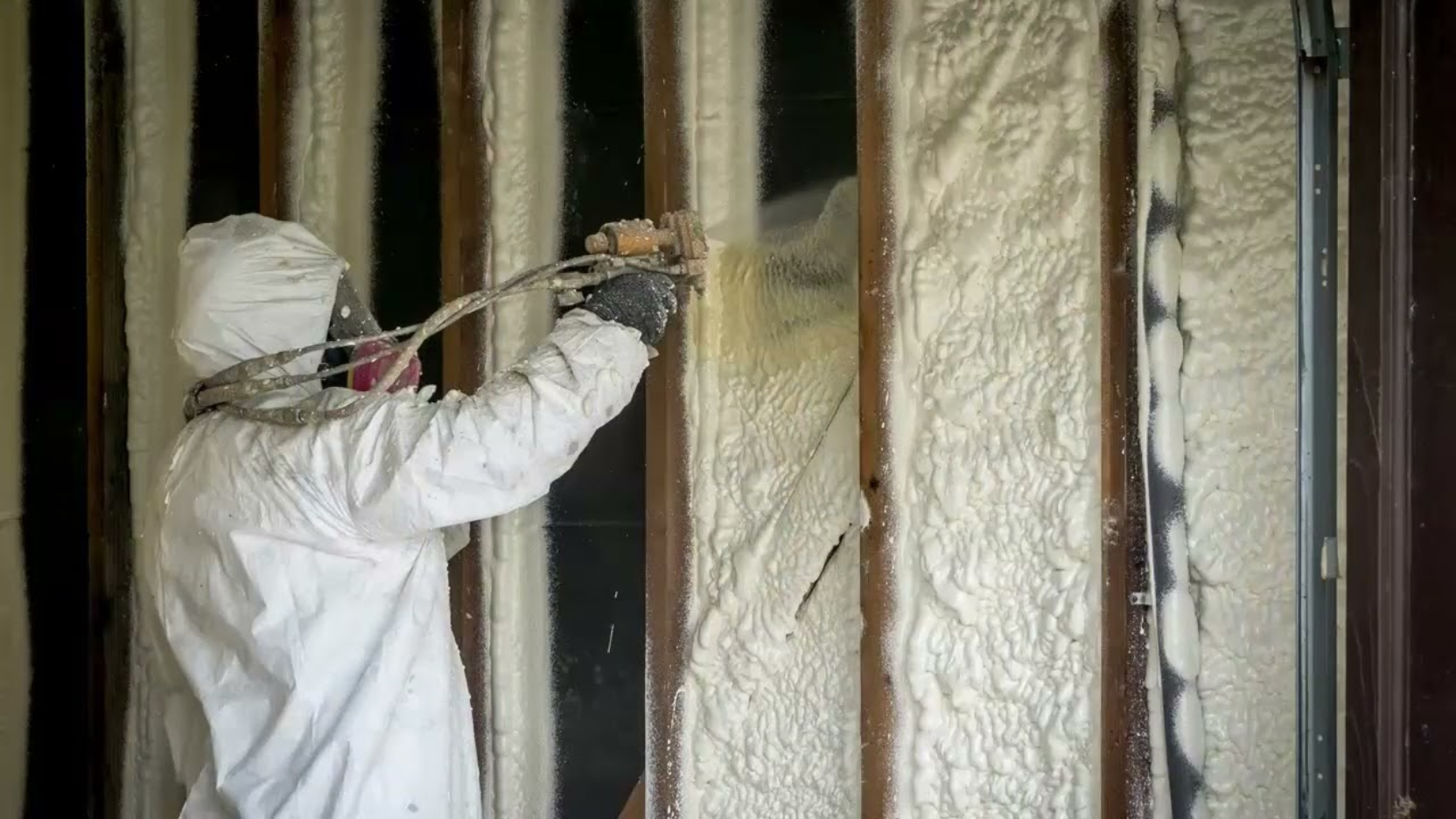
Spray foam insulation is an effective way to improve energy efficiency and indoor comfort. Unlike traditional insulation materials, spray foam expands upon application, sealing gaps and reducing air leakage. Homeowners and businesses in Ozark, AL, can benefit from choosing the right type for their specific needs.
There are two primary types of spray foam insulation: open-cell and closed-cell. Each has distinct properties and benefits.
Selecting the right spray foam insulation depends on several factors, including climate, budget, and application area.
The warm and humid climate of Ozark, AL, makes moisture control an essential factor. Closed-cell foam is often preferred in areas where humidity and mold growth are concerns. Open-cell foam, however, remains a viable choice for interior spaces where soundproofing is a priority.
Open-cell foam is generally more budget-friendly, making it a popular choice for homeowners looking for an affordable yet effective insulation option. Closed-cell foam requires a higher initial investment but delivers long-term energy savings due to its superior insulation properties.
While DIY spray foam kits are available, professional installation ensures proper application and long-term effectiveness. Improper installation can lead to gaps, air leaks, and inefficiencies. A certified installer will assess the property’s needs and apply the foam correctly.
Spray foam insulation significantly reduces energy consumption by minimizing heat transfer. Homes with proper insulation experience lower heating and cooling costs, resulting in substantial savings over time. Closed-cell foam, with its higher R-value, provides even greater energy efficiency compared to other insulation types.
Spray foam insulation requires proper ventilation during installation. Professional installers follow safety guidelines to prevent exposure to fumes. Once cured, spray foam is safe and non-toxic, improving indoor air quality by reducing allergens and pollutants.
Spray foam insulation has a long lifespan, often lasting as long as the structure itself. Unlike traditional insulation, it does not sag, settle, or degrade over time. Routine inspections ensure that the insulation remains effective in preventing air leaks and moisture intrusion.
Choosing the right insulation depends on your specific needs, whether for residential or commercial use. Consulting with a professional insulation provider in Ozark, AL, can help determine the best option for your property.
For expert guidance on selecting and installing spray foam insulation, contact Premier Insulation Plus. Our team provides high-quality insulation solutions tailored to your property’s requirements. Call us at (850) 600-4402 or email [email protected] to schedule a consultation.
The cost varies depending on the type of foam, application area, and labor. On average, open-cell foam costs less per square foot than closed-cell foam.
Yes, once cured, spray foam insulation is safe and improves indoor air quality by reducing airborne pollutants.
DIY kits are available, but professional installation ensures proper application and efficiency.
Spray foam insulation can last for decades without degrading, making it a long-term investment.
Open-cell spray foam is excellent for soundproofing interior walls and ceilings.
Yes, spray foam insulation reduces energy costs by improving thermal resistance and sealing air leaks.
Yes, closed-cell foam is ideal for moisture-prone areas like basements and crawl spaces.
Spray foam provides superior air sealing and moisture resistance compared to fiberglass and cellulose insulation.
Yes, but removal can be challenging and may require professional assistance.
Spray foam helps reduce energy consumption, lowering the carbon footprint of homes and buildings.